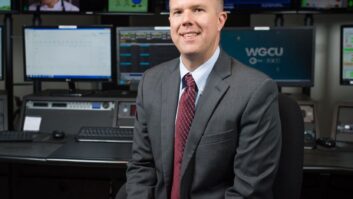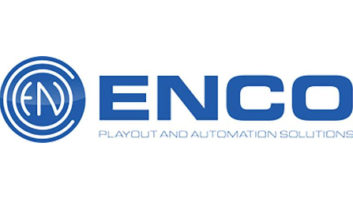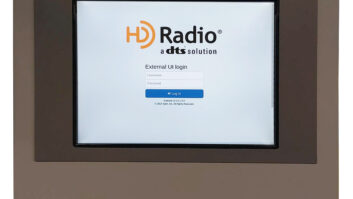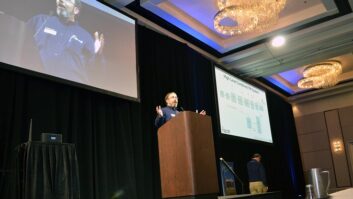AVA Networks media networking professional, AES fellow and Media Networking Alliance�Technical Work Group Chair�Kevin Gross recently participated in a Q&A about the AES67-2015 update.�
�
First, please summarize the AES67 standard and its relevance to broadcasters, for any readers who may not be familiar with it.�
Kevin Gross:�AES67 is an interoperability standard for audio networking protocols. There are a number of similar IP audio systems (Livewire, RAVENNA, Dante, AVB, ACIP) that don�t talk to each other. When manufacturers include AES67 capability in their devices, the devices can exchange audio.
�
�
Why is this revision significant?�
Gross:�Actually the revision itself is not significant. This is a low-impact maintenance revision. The fact that there�s a revision is significant for two reasons:
1)����Through numerous implementations and lots of engineer eyeballs on the original 2013 publication of the standard we didn�t find significant deficiencies or errors. The standard is solid and stable.
2)����Production of a maintenance revision indicates that technical interest and effort being put into AES67 is strong. Ratification of a standard doesn�t automatically mean it will be successful and widely adopted. AES67 is demonstrating its vigor in that we have active and ongoing technical and marketing contributions to the standard.
What is a �plugfest� and how did the idea originate? It seems a lot like the broadcast world�s answer to a �hackathon.��
Gross:�Plug tests are common with network systems. These were conducted when ACIP was developed. AVnu has sponsored numerous tests for AVB implementations. They are also common for VoIP systems. We called ours a �plugfest� because the first one was held last October in Munich (unfortunately Oktoberfest is actually in September).�
�
How did the plugfest results translate into the revisions that were released recently? What did that process involve?�
Gross:�This is mostly about problems we didn�t find in plugfest testing. We had greater than 90 percent success rate at the first plugfest. This indicates that engineers understood AES67 and were able to implement it successfully. The result was very few significant changes in the AES67-2015 revision.�
�
Are there advantages to doing the testing in this way, in conjunction with general implementation observations?
Gross:�AES67 is about interoperability. We want engineers designing these network audio systems to think about standard ways of solving the problem. This involves collaboration. Aside from producing a useful standard (AES67), an important benefit of participation in the standards development process is the sharing of ideas, technical information and skills. The plugfests serve as an extension of that learning environment. These interactions definitely improve interoperability of networked equipment but I beleive they are also quietly responsible for a lot of technical innovation
�
Anything else that readers would be interested to know, either about the AES67-2015 standard or last year�s plugfest?�
Gross:�Complete technical details on the plugfest are available in an�AES publication.�
�
One significant announcement that I think has been underappreciated is the fact that Audinate is now including an AES67 capability in many of their Dante implementations. You will begin to see many of the hundreds of Dante-enabled products with AES67 capability.
�
We will be demonstrating AES67 interoperability with Dante products from Yamaha and Focusrite at the AES convention next week in New York (there�s a separate press release coming out on that).












